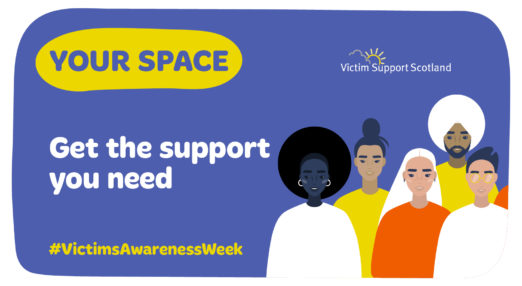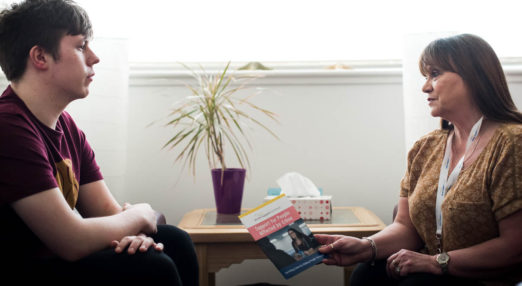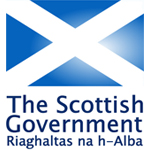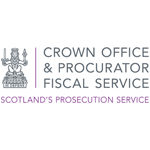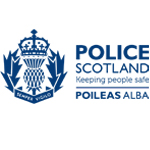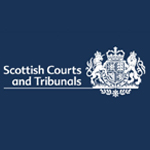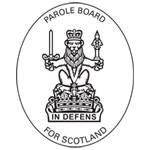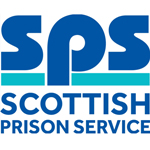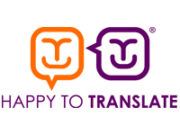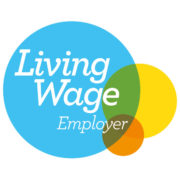Anonymous voter registration for victims of crime
On Thursday 6 May there will be a Scottish Parliament election, which anyone aged 16 or over and resident in Scotland can participate in. Catherine Heggie, Partnerships & Information Officer at the Electoral Commission, writes about how victims of crime can register to vote without their name and address appearing on the electoral register.
The Scottish Parliament has powers to make laws for Scotland in a range of areas that impact our everyday lives, including health, education, housing, justice, and the environment. It’s important for everyone to have their say in the upcoming election. To do that, people need to register to vote by midnight on Monday 19 April, but the sooner the better.
All voters are required to give basic personal information to their local electoral registration office when they register to vote. The names and addresses of most voters will then appear on the electoral register, which is a public document.
However, we understand that some victims of domestic abuse and other crimes may feel unable to exercise their right to vote because they’re worried that perpetrators will be able to trace them by searching the electoral register for their new address.
If you think your name and address being on the electoral register could affect your safety, or the safety or someone in your household, you can apply to register to vote anonymously. This means you will still be able to vote, but your name and address will not appear on the electoral register. Your electoral registration office will not disclose your details to anyone, unless they are legally required to.
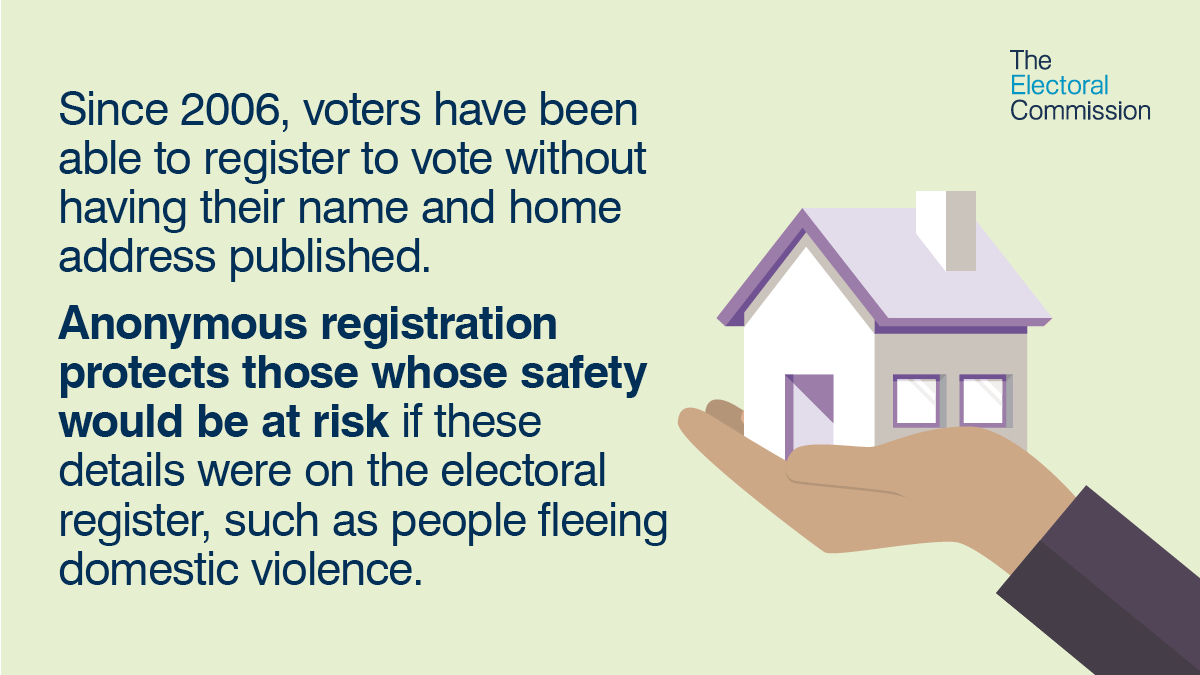
How to register to vote anonymously
There are three steps to register to vote anonymously. You will need to:
- download and complete an application form
- explain why your safety, or the safety of someone in your household, would be at risk if your details were on the electoral register
- submit evidence to support your registration
You will need to return your application form, explanation and evidence to your local registration office. You can find their details by entering your postcode here.
To support your application, you can submit:
- a court document that is for your protection, or the protection of someone in your household
- an attestation, where an authorised person signs your application form to confirm your safety would be at risk
You only need to submit either a court document or an attestation. You don’t need to submit both to support your application.
You can find out more about registering anonymously and download an application form here.
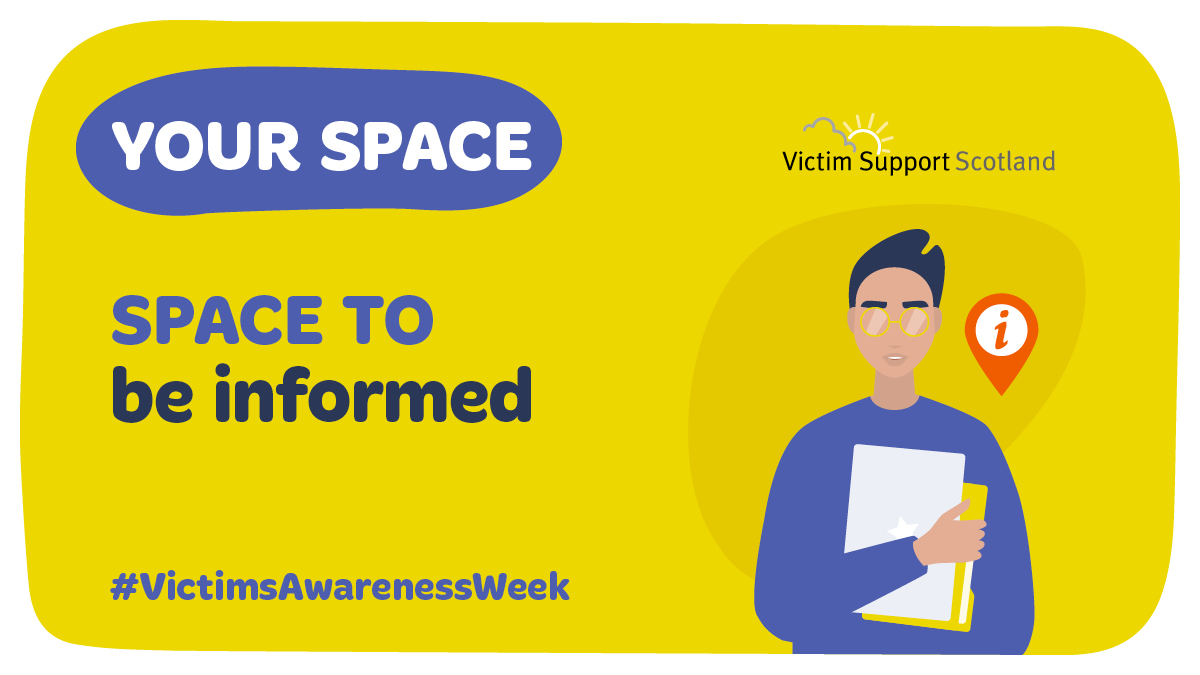
What to expect when voting during Covid-19
Polling stations will be safe places to vote during Covid-19, and you can expect to see many of the hygiene measures we’ve all become used to over the past year in shops and banks.
If you don’t want to vote in person, you have the choice to vote by post or by proxy (asking someone you trust to vote on your behalf). Once you’ve registered to vote, you can apply for a postal or proxy vote.
You can find out how to register for a postal or proxy vote by visiting electoralcommission.org.uk/voter, or by calling our helpline on 0800 280 280.
Guidance for professionals who work with victims of crime
If you work with victims of domestic abuse or other crimes, you may find it useful to read the guide we published in partnership with Scottish Women’s Aid in 2018, which explains how you can support your clients to vote anonymously.
During Victims Awareness Week, it is important to remember that everyone reacts to crime differently. If you need support, please contact us via our helpline (0800 160 1985), our webchat service (see bottom right) or our contact form.
Latest news and blogs
-

Victims’ charity seeks support to uphold victims’ rights
Victim Support Scotland, Scotland’s leading national charity for victims, is urging MSPs to consider victim support and information needs in the Children (Care and Justice) (Scotland) Bill as the debate of Stage 3 of the Bill approaches on 24 April.
Read more
-

Join Victim Support Scotland as a charity Trustee
Are you an exceptional leader, ambitious for change to improve victims’ and witnesses’ experiences of the criminal justice system? Leading charity VSS is looking for high calibre and committed professionals to join our Board of Trustees.
Read more
-
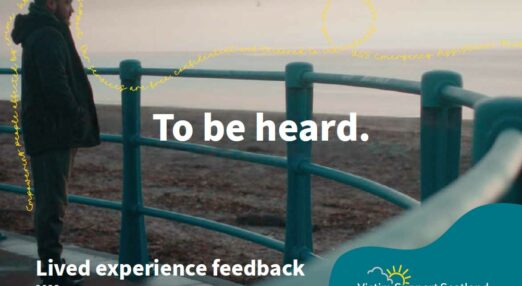
The importance of feedback
We always seek to hear from individuals affected by crime about their experiences with our services. This is crucial to ongoing learning and improvement within our work and in informing others about how our support can make a difference. We particularly encourage those who have experienced harm caused by children and young people under 18 to share their views.
Read more
-
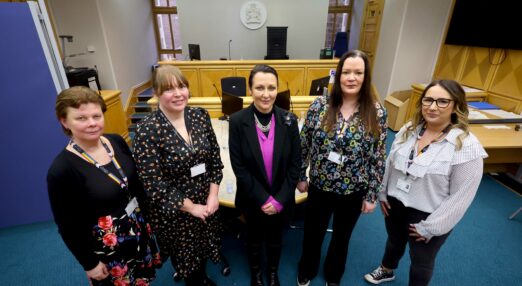
Minister goes to court to learn about services for victims and witnesses
As part of Victims’ Awareness Week, Minister for Victims and Community Safety Siobhian Brown visited Edinburgh Sheriff Court for a familiarisation visit.
Read more
-
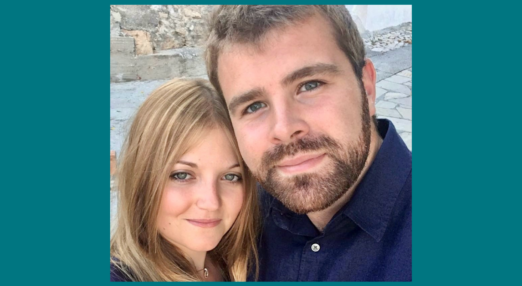
Bex’s story
Read more
-
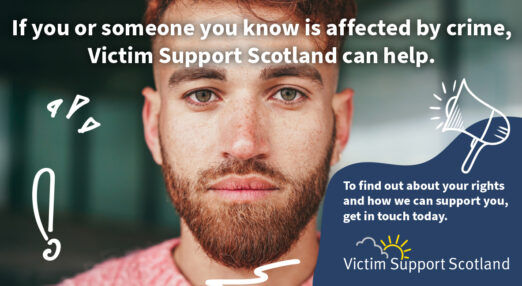
Campaign launches to support more victims of crime – press release
Read more
-

Student Volunteering Week – Priya’s story
Read more
-

Student Volunteering Week – Anna’s story
Read more
-

Victim support organisations sign open letter calling for anonymity for children who die as a result of crime
Read more
-

Over 60 families bereaved by crime in Scotland sign open letter calling for change in law to protect child victims of murder
Read more
-
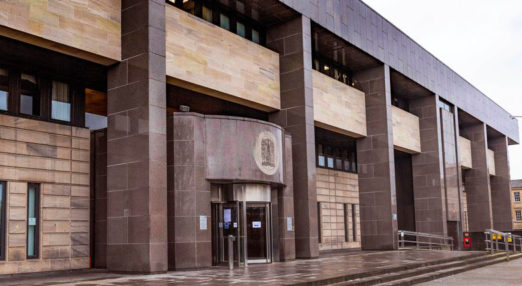
Victims and Witnesses – Joint Protocol
Read more
-
2023 – look back
Read more

